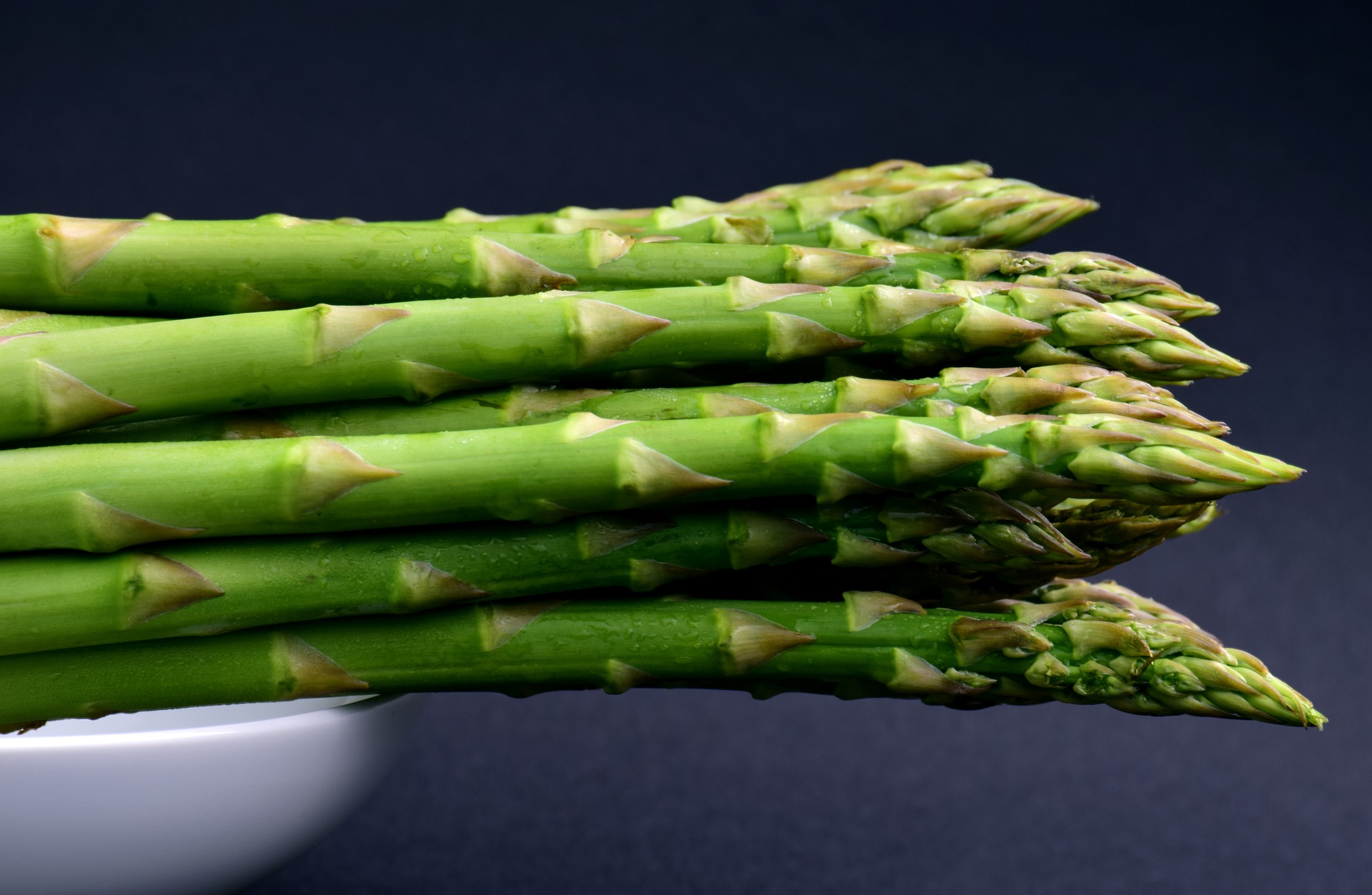
Are you one of the millions of people plagued by a frustrating combination of digestive disorders (such as irritable bowel syndrome, leaky gut, constipation, diarrhea) and anxiety, brain fog or fatigue? Do you feel that cognitively, you’re not as sharp and even-keeled as you used to be?
If there is one common element to all gastrointestinal dysfunction, it’s that there’s invariably some element of microbiome dysfunction. And when there’s an imbalance in the microbiome, chances are your mood is also suffering. When we heal the microbiome, we are able to heal not only the digestive issue, but that wonderful vitality and zest for life also return.
The microbiome is your body’s control center. An optimal microbiome is balanced with a diverse range of bacteria and in the right ratio. In an optimal microbiome, the walls of the intestine are strong, which translates into a strong immune response. It heals itself as it introduces nutrients that maintain a healthy gut wall. When the gut is compromised, it triggers the immune system to go into overdrive, which starts attacking healthy tissue. That’s when the mood dips, you feel snappy, fatigued or anxious or even depressed.
“Microbiome Medicine” (a term I coined) uses sophisticated testing so that we can examine the deepest level. From there, we can truly heal the microbiome. Our practice uses genetic tests, stool tests, breath tests and organic acid tests; this approach goes to the deepest level and uncovers what psychiatrists and even colonoscopies never uncover. We are able to determine the levels of short chain fatty acids produced by bacteria, and what markers and bacteria are out of balance.
Even if you don’t have access to these tests, there are many things you can do to fortify your microbiome.
1. Remove the Foods That Disrupt Your Whole Ecology
-Processed foods
-Soy (exceptions are soy lecithin and organic fermented soy: soy sauce, tempeh and miso)
-Sugars and sweeteners, natural or artificial, except monkfruit
-Trans fats and hydrogenated fats
-Canola and Cottonseed Oil
-Corn and Cornstarch
-Cow’s Milk Dairy Products
-Dried or Canned Fruits, Fruit Juice
-Gluten
-High Fructose Corn Syrup
-Peanuts
2. Add Prebiotics and Probiotics
Probiotics are microscopic organisms that replenish your microbiome, or bacterial ecology. Prebiotics are foods and supplements that nourish the organisms already in your microbiome.
Prebiotic Foods:
Jerusalem Artichokes
Asparagus
Carrots
Garlic
Jicama
Leeks
Onions
Radishes
Fermented foods: Yogurt, Kefir, Miso, Kombucha, Sauerkraut, Pickles
Pre-biotic supplement / Berberine
- Lowers blood sugar
- Improves gut function
- Improves heart health
Probiotics
Some of the many benefits of probiotics:
- Act like natural antibiotics
- Add vitamins and proteins to seal the gut wall
- Reduce inflammation
- Enhance the immune system
- Fight depression and anxiety
- Promote mucous secretion, which coat and protect the intestinal wall.
- Produce antimicrobial substances that kill bad bacteria
- Lower pH levels
What to look for in a Probiotic:
- At least 1 billion CFU
- Variety of strains
- Refrigeration: Critical for many probiotics which can be sensitive to heat and moisture.
- Testing: Efficacy and potency testing is essential.
- Enteric Coating to ensure it will survive stomach acid and get to the small intestine.
Following are the specific bacterial strains proven to improve gastrointestinal dysfunction and mood:
L. Plantarum
- Used to ferment foods like kimchi & sauerkraut
- Supports intestinal distress & gut permeability
- Improves digestion, immunity, overall health
- Helpful with, gas, immune system, decreasing inflammatory response.
L. Paracasei
- Helps balance gut bacteria, immune system and improve the hyperimmune state
B. Lactis
- Supports digestion of sugars
- Breaks down body waste
- Aids in the absorption of various vitamins and minerals
- Improves leaky gut, IBS, diarrhea and constipation
Bifidobacterium
- Reduces anxiety
- Studies have shown a major positive effect on mental health and stress reduction
Yours in Health,
Raphael Kellman MD
Founder of
Microbiome Medicine
Author, The
Microbiome Breakthrough
Medical Director,
Kellman Center for Integrative and Functional Medicine

